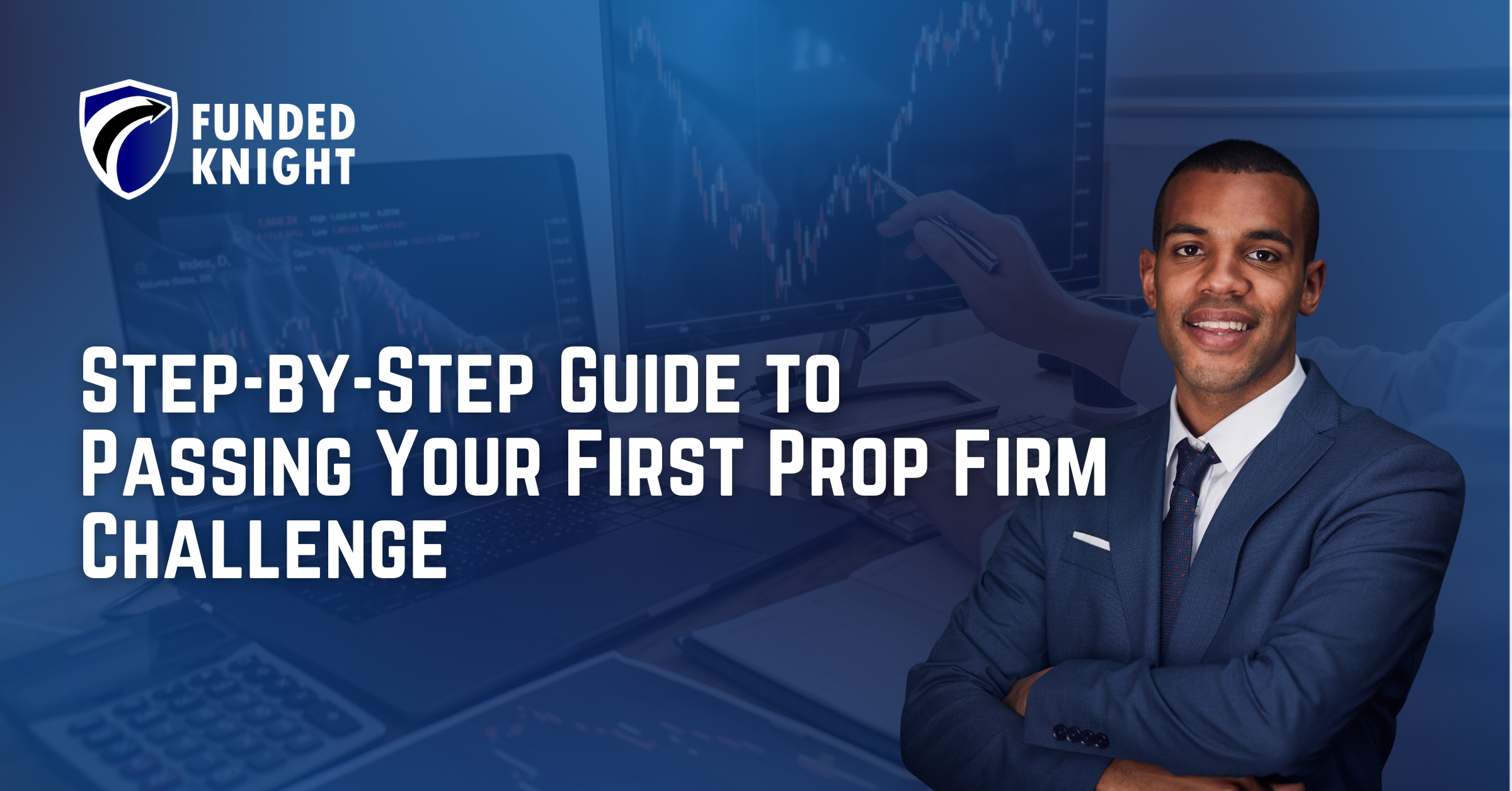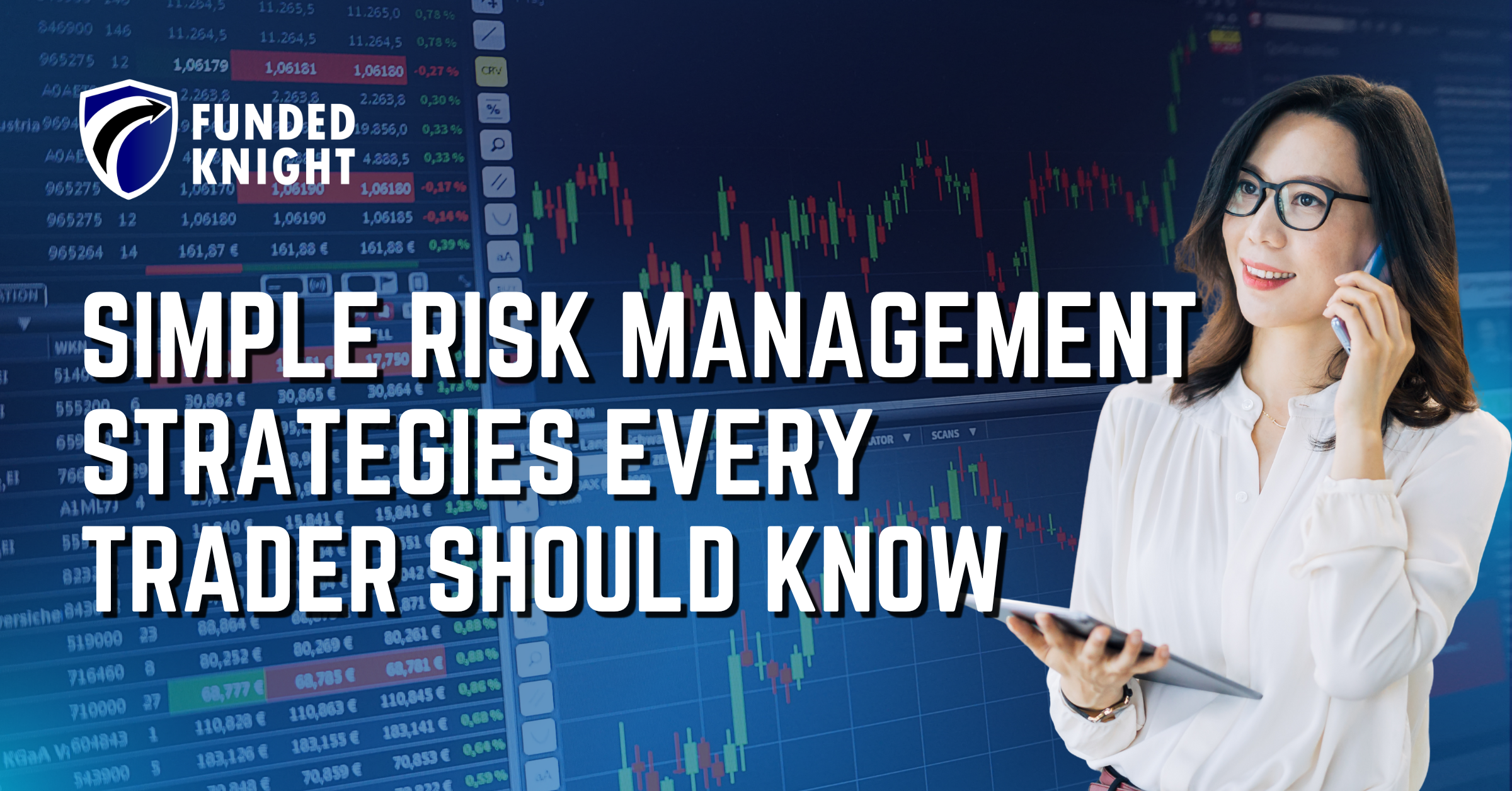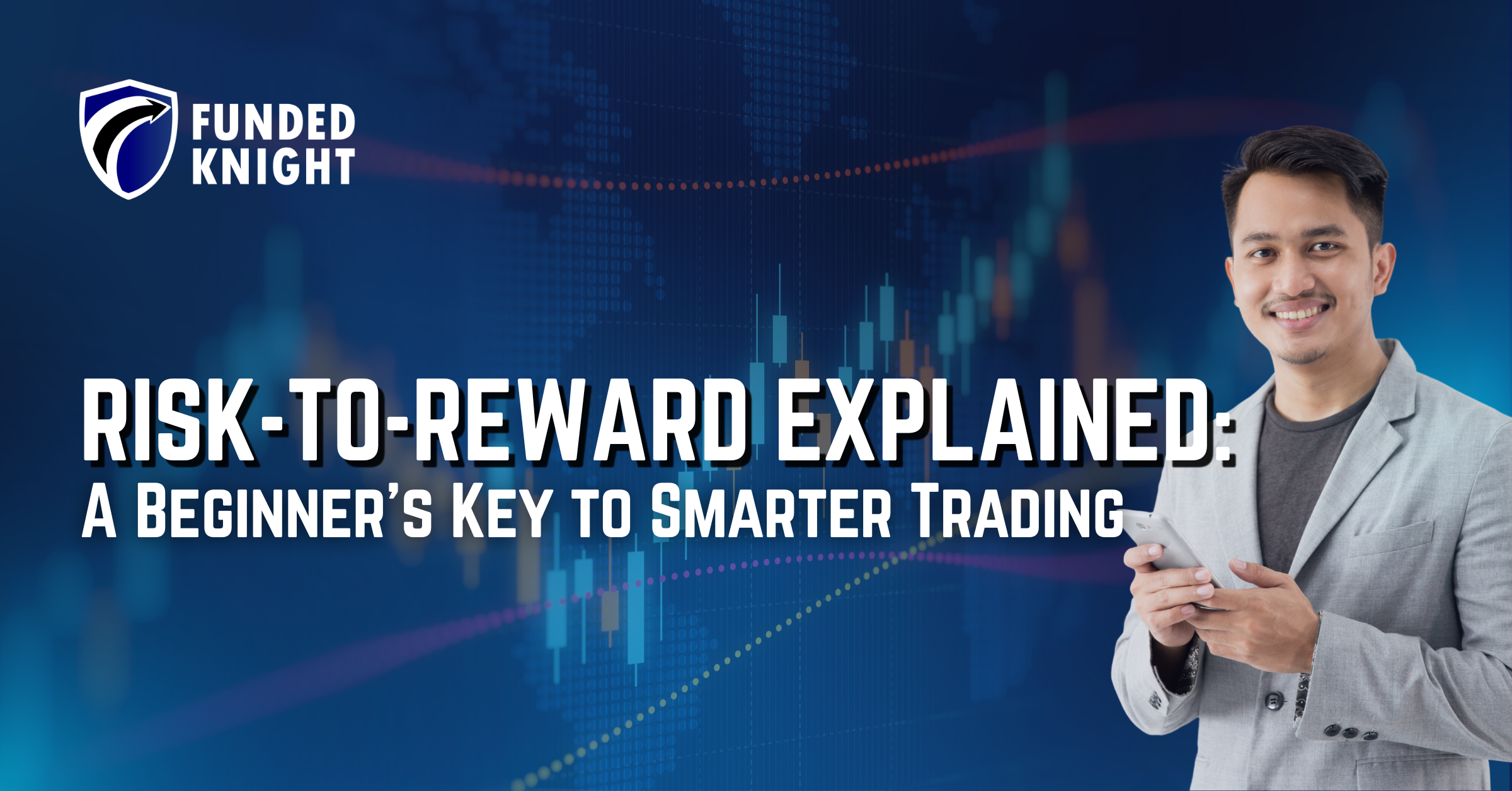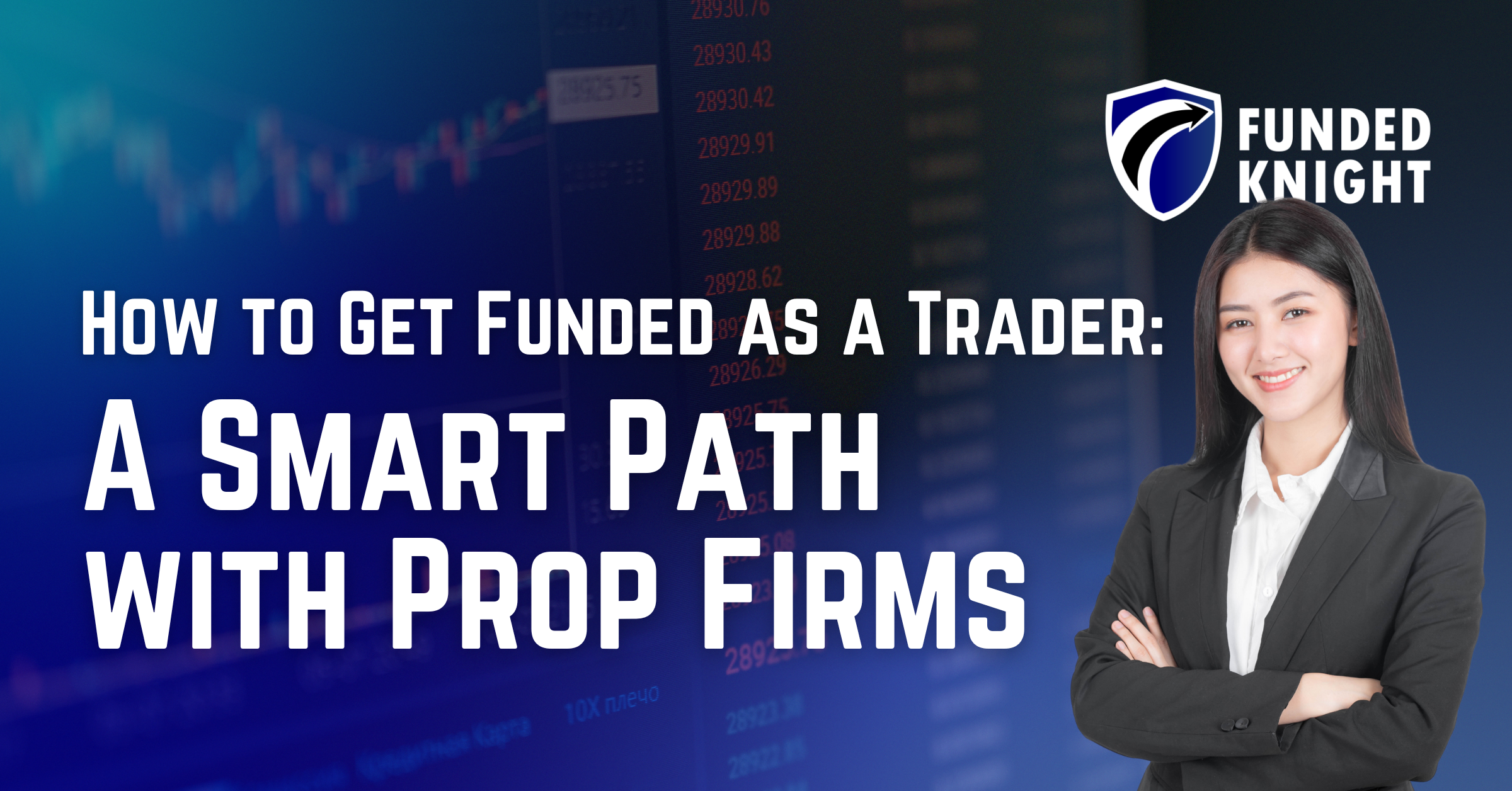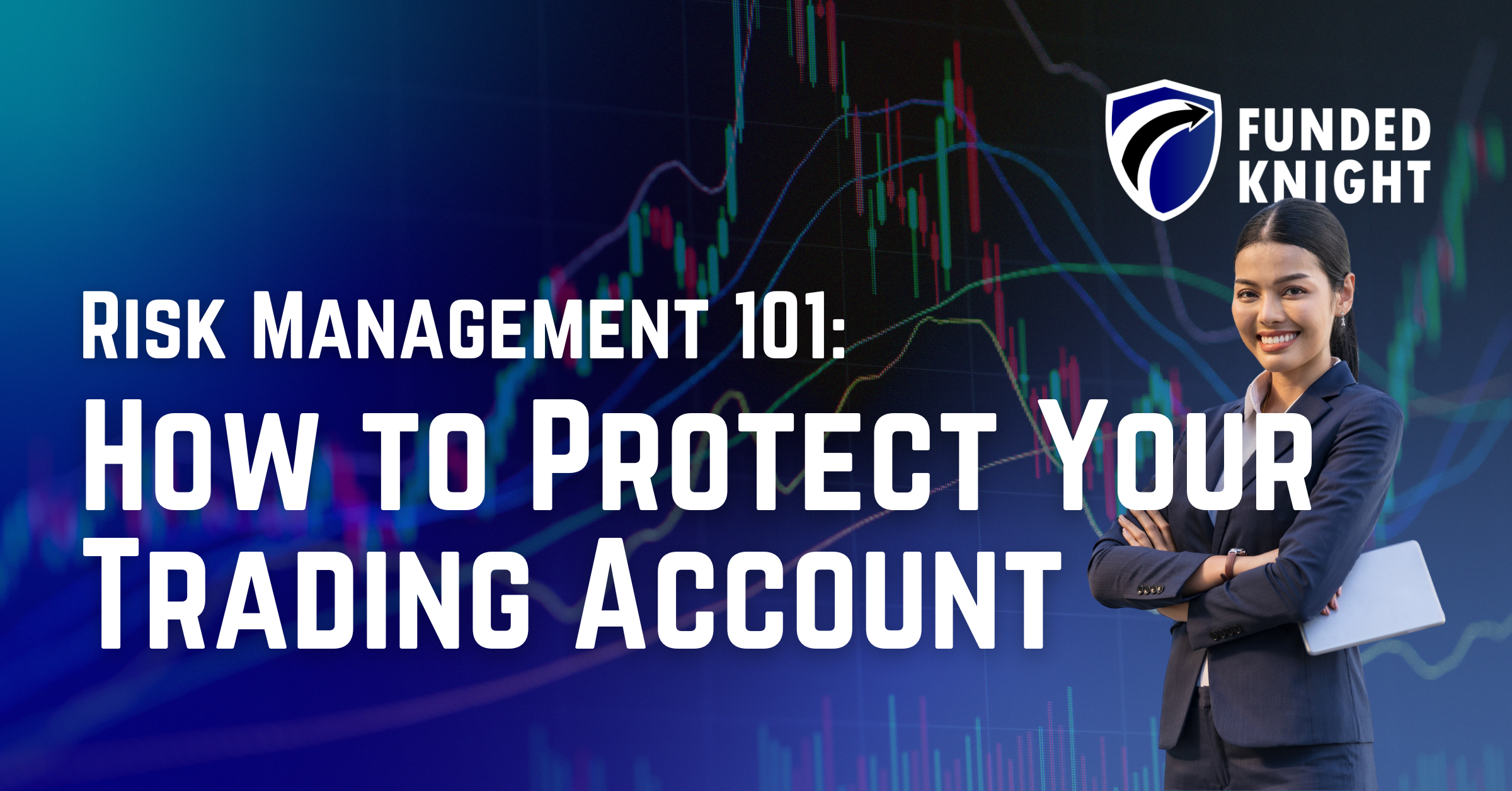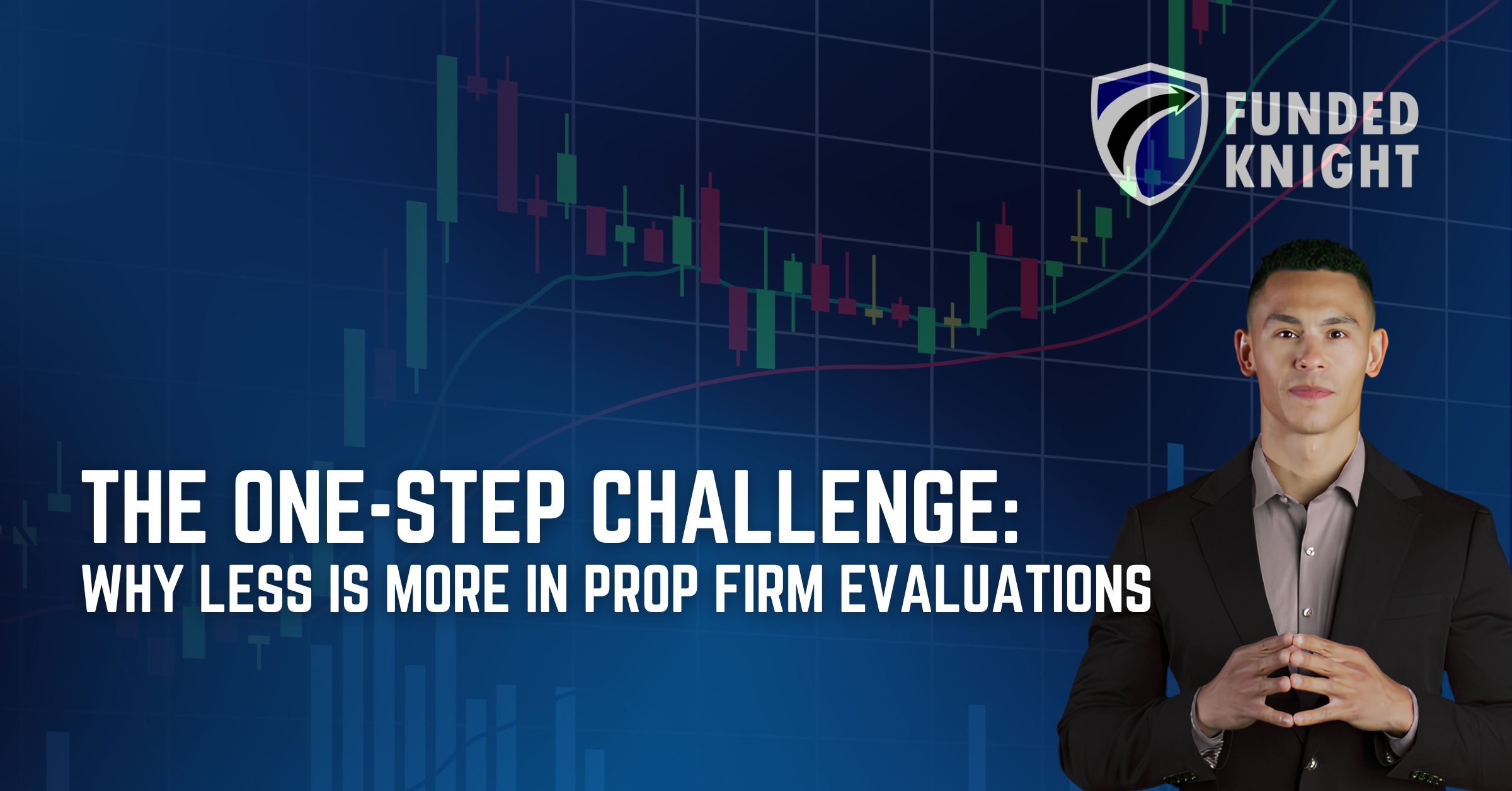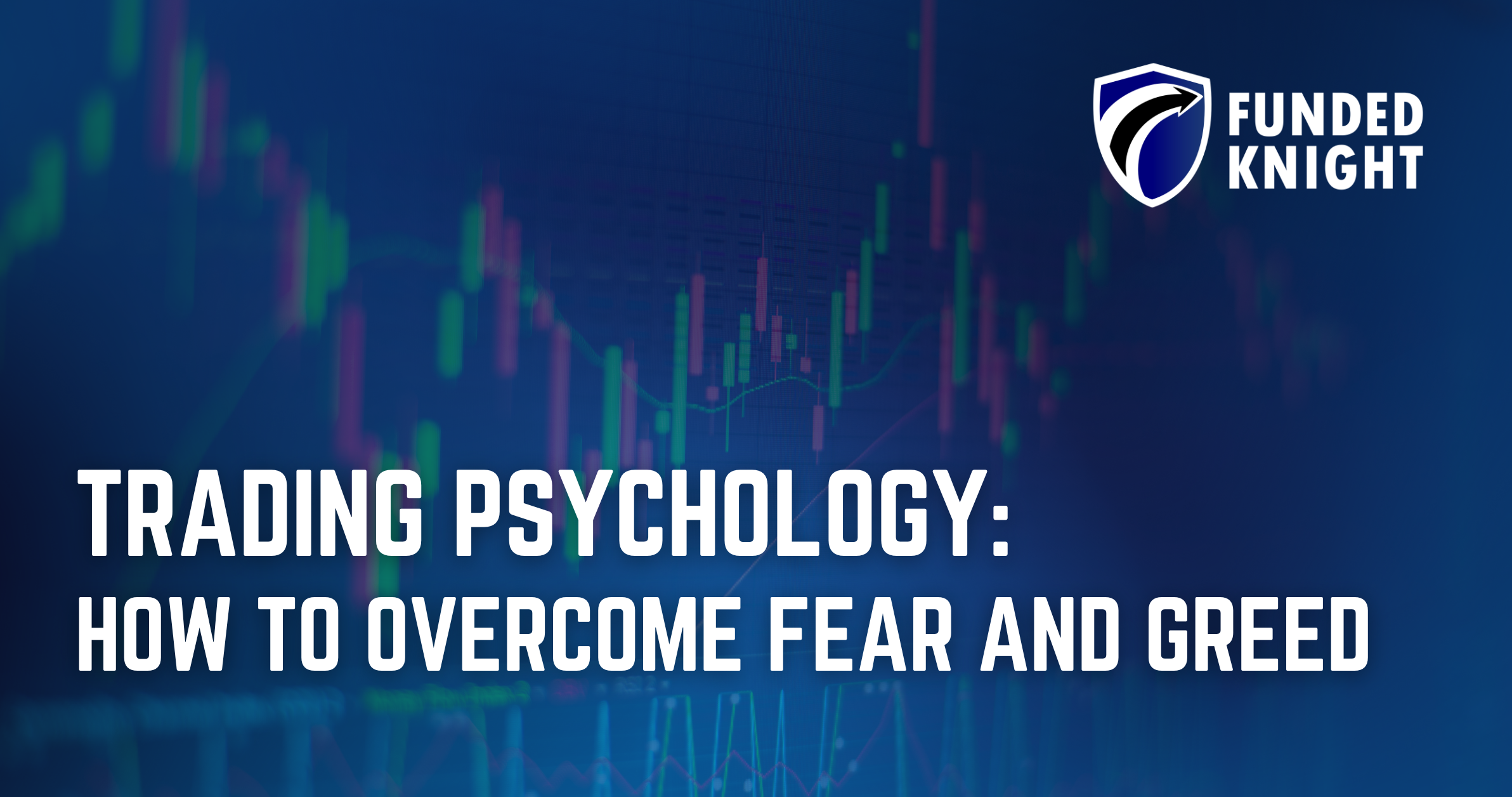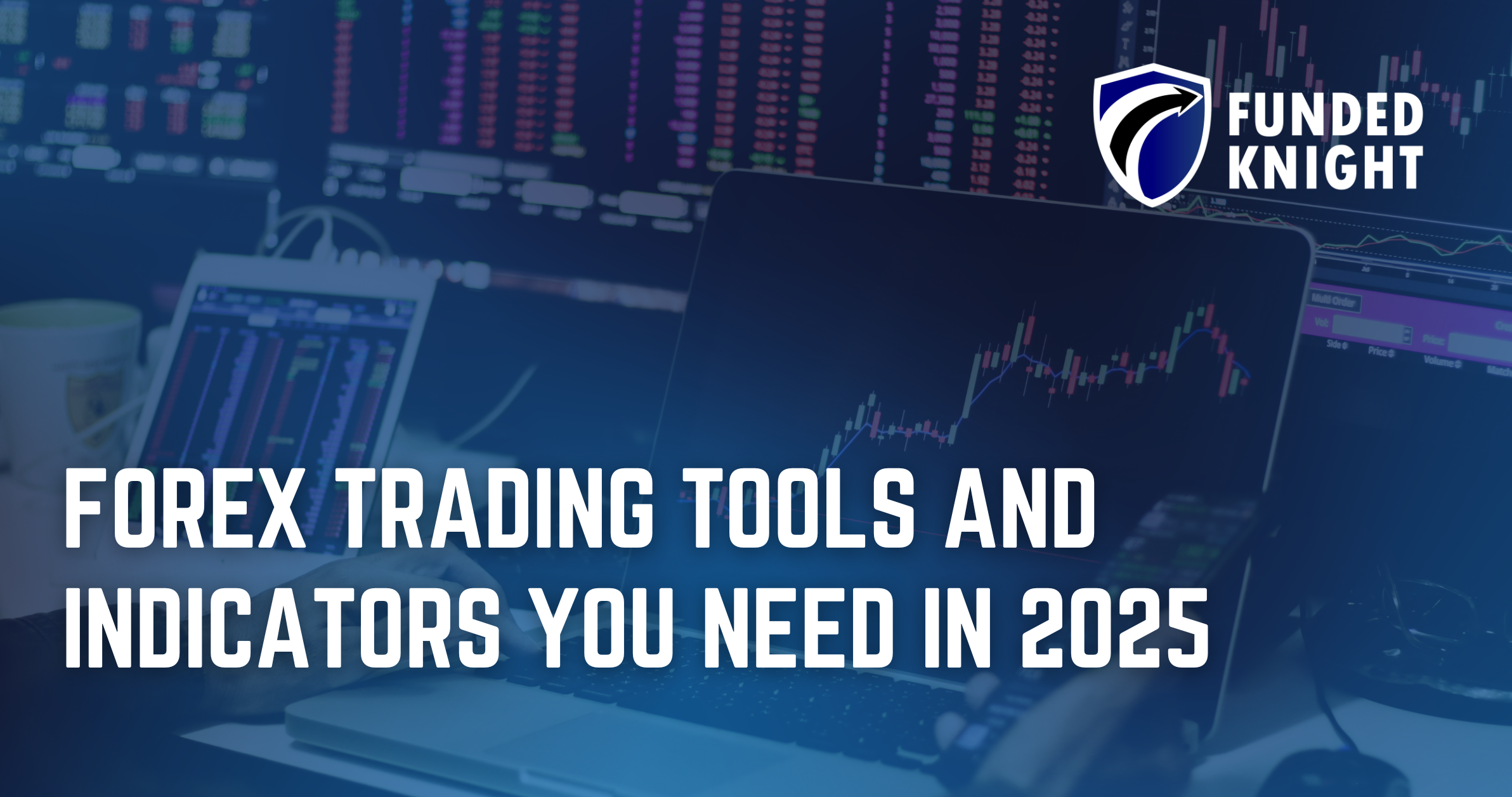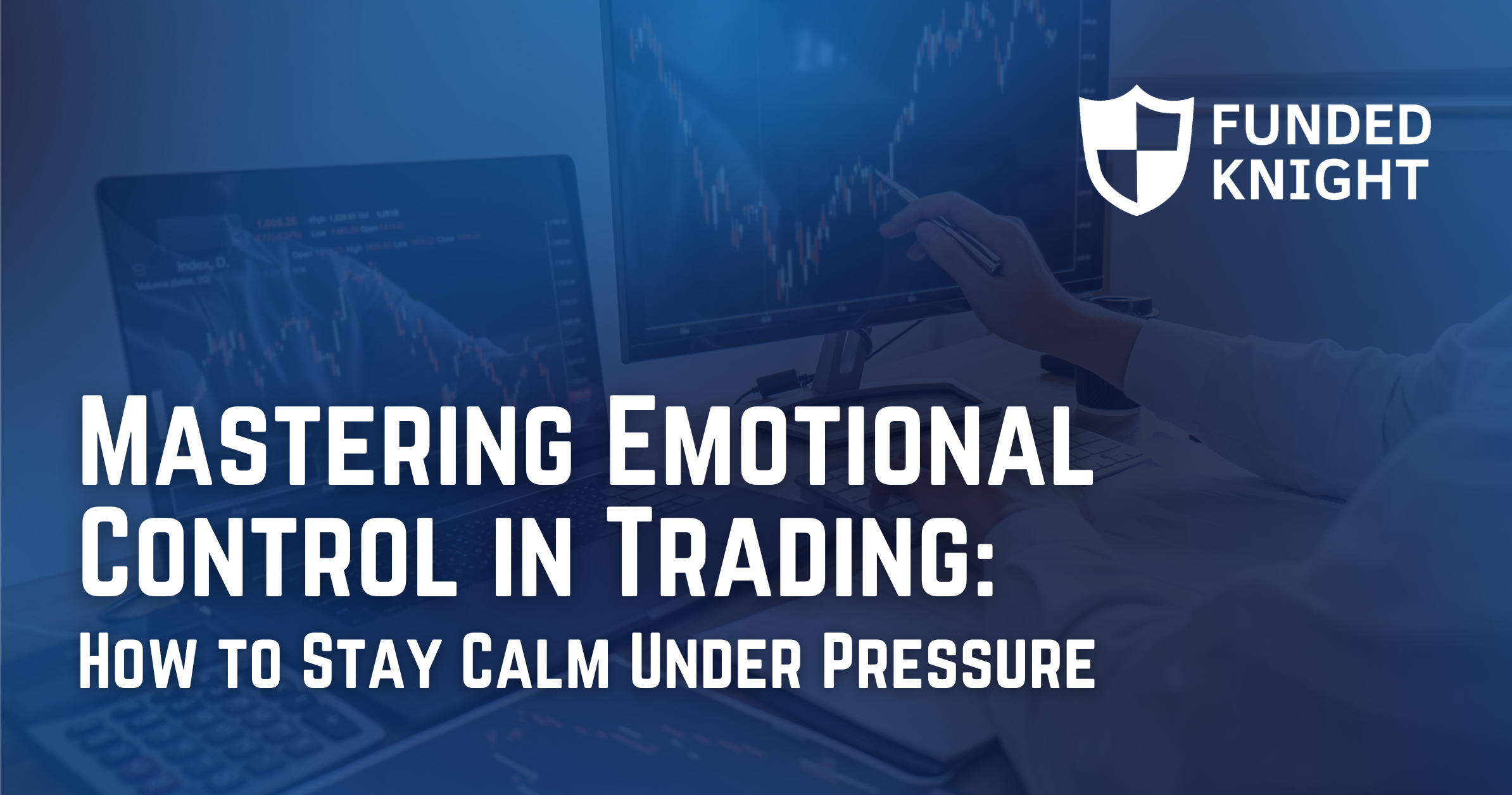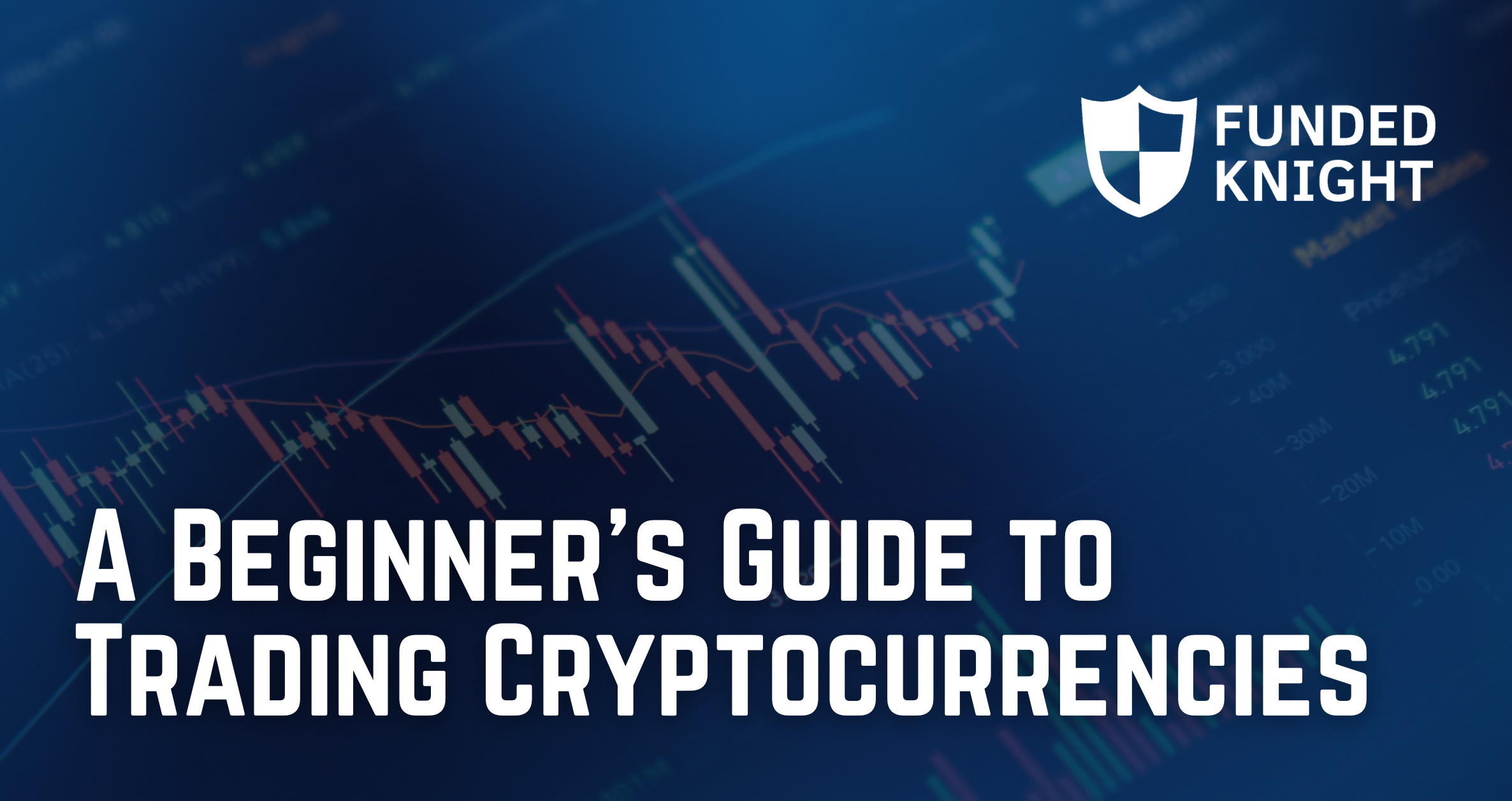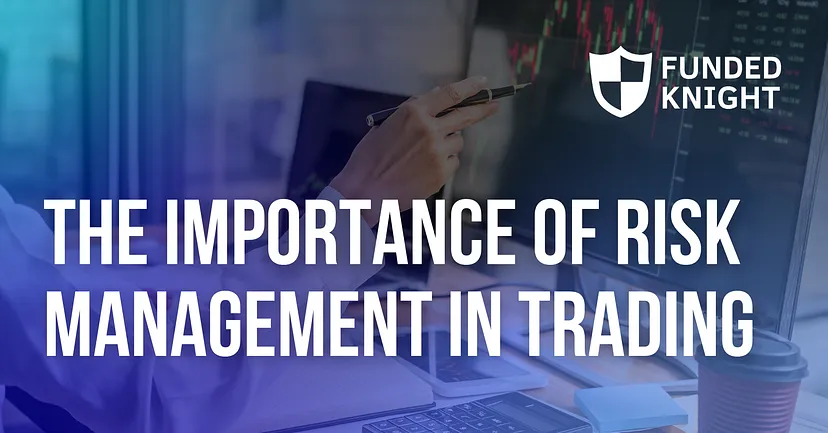One of the most common questions new traders ask is: What do I need to start trading forex? The answer isn’t just about capital — it’s about knowing your options, understanding your risk, and choosing the right entry path.
Let’s explore the two main approaches for beginners: trading your own funds or starting through a prop firm like Funded Knight.
Trading With Personal Funds
If you decide to trade using your own capital, some brokers allow you to open accounts with as little as $100. But smaller accounts come with hurdles:
- Limited trade size without using high (and risky) leverage
- Slow account growth when applying proper risk management
- Increased emotional stress, especially after a loss or during high volatility
Because of this, many experienced traders recommend starting with at least $1,000–$3,000 to give yourself enough room to trade responsibly and learn with less pressure.
The Prop Firm Advantage: Bigger Accounts, Lower Risk
This is where prop firms come in. Platforms like FundedKnight let you access large accounts — up to $200,000 — by proving your skills through a simple evaluation.
Here’s why more beginners are choosing this route:
- Start with a small one-time fee — often under $100
- Trade full-size accounts without risking personal capital
- Keep up to 90% of profits
- Clear trading rules that teach discipline (e.g., daily loss limits, max drawdown)
- Faster path to learning under real market conditions
Instead of spending years trying to grow a small account, you can focus on building consistency and confidence right away.
Final Thought
Getting started in forex isn’t just about how much you fund your account with — it’s about how you structure your learning. Whether you go solo or partner with a prop firm, the right path depends on your mindset, discipline, and goals.
Want to trade big without risking big? Prop firms might be your smartest first step.




